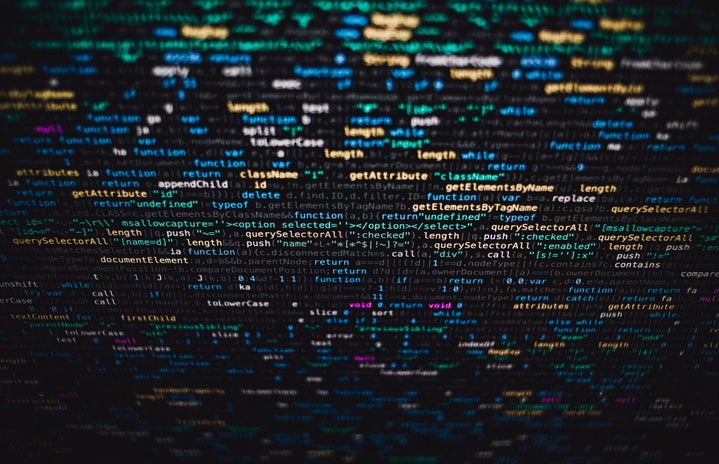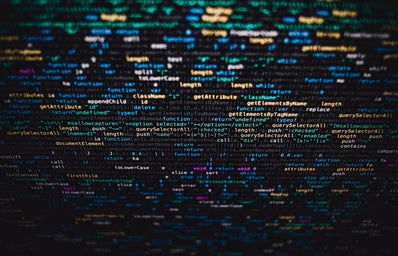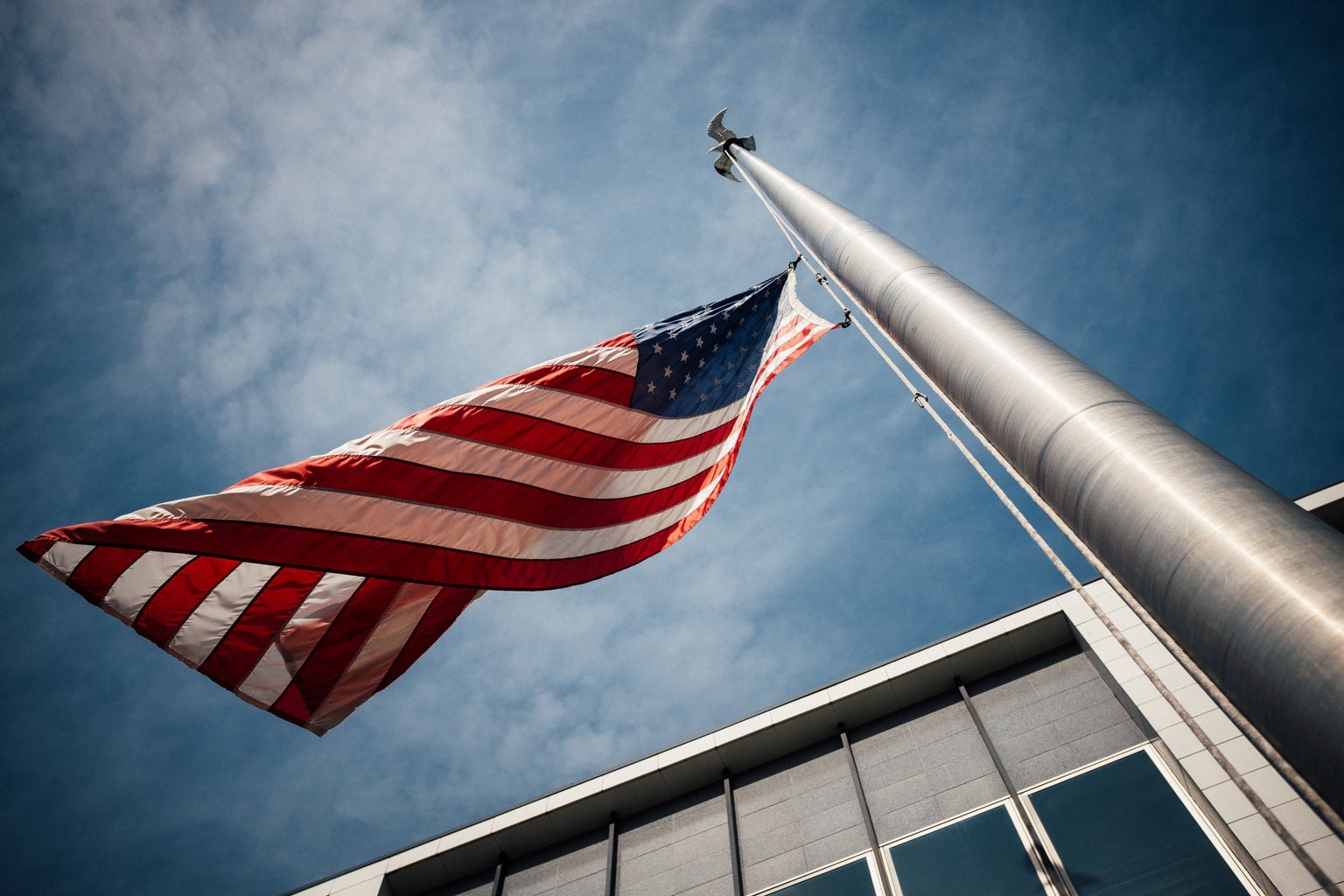Earlier this week, President Biden signed a historic executive order on the regulation and safety procedures of artificial intelligence. Being the first of its kind, this piece of legislation will set the precedent for all future AI guidelines, laws and regulations both in the United States and abroad.
Here is an overview of the main components of this order:
- Protecting Consumer Privacy
- Invest in AI technology that is trained without compromising user data
- Fund cryptography technology, tools used to hide data with encryption
- Develop guidelines for how agencies can use commercially available (for purchase) data
- Enforcing Safety Procedures
- All AI-generated content should be marked as such
- All AI biotechnology will be monitored
- Department of Homeland Security, Energy and National Security are all working together to create stricter regulations
- All AI posing a potential threat to national security must be reported to the U.S. government during the development process and the government will be in the loop for the entire process
- Ensuring Fairness in Government Agency Use of AI
- Agencies will receive guidance on best practices for using AI in data collection
- Promoting Competition and Innovation
- Support small businesses in AI entrepreneurship
- Provide funding and resources
- Speed up visa processing for AI talents
- Expanding Accessibility to Students and AI researchers
- National Resource providing AI resources
- Protecting Worker Rights
- Funding for AI-displaced workers
- Workers reserving the right to organize
- Promote workplace safety, health and equity
- Protect rights against data collection
- Reducing unfair application reviews by AI
- Protecting Civil Rights
- Monitor AI in civil and legal proceedings, such as evidence collection, screening, etc
- Expanding the potential of AI in schools
- Personalized AI tutoring
- Leading the World in AI regulation
The White House Fact Sheet details all the categories and specific details in this article.
Partnering with international superpowers such as “Australia, Brazil, Canada, Chile, the European Union, France, Germany, India, Israel, Italy, Japan, Kenya, Mexico, the Netherlands, New Zealand, Nigeria, the Philippines, Singapore, South Korea, the UAE and the UK,” the United States will be conducting and participating in initiatives to further regulate the use of AI technology worldwide.
A Leading Artificial Intelligence COmpany
While there are a wide number of AI companies, one of the 15 that have already voluntarily committed to promoting a safer environment includes Nvidia.
Creator of the chip that runs ChatGPT3, artificial intelligence and computer tech company Nvidia sells “advanced computer chips, systems and software for the AI factories of the future.” “The engine of AI factories, as it calls itself, Nvidia partners with big names like Amazon, Google, Microsoft and Oracle to bring customized generative AI models to thousands of users. The company prides itself on being an innovating, groundbreaking company revolutionizing the artificial intelligence sphere, while also promoting ethical usage. Nvidia is ranked on Fortune, GlassDoor and Barrons for being the “Best Place to Work” and having the best CEO. By focusing on this excelling company, we’re getting a glimpse into the ways that artificial intelligence companies affect every part of life.
Starting at home, artificial intelligence is highly used in gaming. Whether gaming graphics, virtual reality and “extended reality” technology, Nvidia has something for every virtual-space enthusiast. Powerful visuals and high-pixel gameplay are a staple for the company, which has a wide variety of technologies such as GeForce RTX for virtual reality, one of the most powerful GPUs (graphics processing units). Another innovative tech is the PhysX, an artificial intelligence model that allows gameplay to render using reality-inspired physics; from a realistic portrayal of breaking walls to depicting wind effects on precipitation flow in-game, Nvidia brings a very immersive experience to the gamer. Not only does it help improve experiences in gaming, but PhysX scientifically renders flow, blasts, smoke and fluids which assists research.
Medicine and pharmaceuticals are a vital field of research highly benefiting from the use of AI models, specifically Nvidia’s BioNeMo generative AI used to predict human interactions and effects and results of medicine to research and design protein-based drugs and molecules and design software to monitor health in clinics. Additionally, its partnership with Johnson & Johnson (J&J) is working towards a digital ecosystem for surgery, where multiple pieces of technology work together united in one operating room. J&J aims to use tech to provide real-time insights and real-time removal of patient identification for privacy. Nvidia’s Holoscan technology is used in endoscopies, ultrasounds and more sensor-based procedures. This article also predicts future AI usage will include learning models to anticipate surgery processes and when it’s almost finished, to estimate wait times and schedule for the next surgery.
“AI models are currently being created by experts in surgery in various parts of the world. If we can create a trusted, open ecosystem that enables and accelerates coordination, it would create a flywheel of innovation where different groups can collaborate and connect at scale, improving access to advanced analytics across the surgical experience.”
– Shan Jegatheeswaran, J&J MedTech VP and global head of digital
Not only does Nvidia help in health fields, but it also streamlines business processes.
Nvidia “Omniverse” is a virtual extensive “universe” that Amazon among other companies is using to streamline its operations and production flow. By imitating the entire warehouse on the virtual platform (digital twinning), Nvidia allows Amazon to blend the physical and virtual worlds in order to train robots, speed up processes and find best pathways. BMW is another company implementing Omniverse, but in this case, they are completing the digital-twin warehouse prior to building a real one in order to ensure the most efficient structuring possible.
On a much, much grander scale, Nvidia is in the works of creating an Earth digital twin. Using complex technology and simulations, the company plans to observe, simulate and predict the results of human activities on the planet to aid in climate research.
Lately, an AI research company called Del Complex has been seemingly bypassing U.S. government regulations on AI by taking thousands of Nvidia computer chips and putting them on a ship in unclaimed waters. Planning to self-power using solar energy and cool using ocean water, Del Complex’s mobile AI hub, Blue Sea Frontier Compute Cluster remains unchecked as long as it does not go into any international water territory. The company claims in order to protect the right to build, innovate and realize the potential of artificial intelligence, there must be no regulations stifling the research, development and release of the technology.
“The solution is at sea.“
@DelComplex via X (twitter.com)
Using the platform X, formally known as Twitter, Del Complex let the world know their plans in this tweet. While many people believe the realistic picture of the hub attached to the tweet may signify it is present already in the water, many are not convinced seeing as the company already has access to high-quality technology enabling a virtual rendering of the hub; the pictures could be generated. The tweet has attachments of diagrams and detailed planning; however, it is not yet known if the plan has been executed. New questions have been raised: if the artificial intelligence agency has sovereignty, can a nation wage war against it?
With President Biden’s recent order on artificial intelligence regulation, we may have seen the commencement of a new era of technology. While all the benefits and incorporation of AI into daily life make a strong case, we will definitely see legal battles continue for a long time regarding privacy, automation and safety. How far can any president really control technology? Law has long arms, but they cannot cross the oceans, can they?





